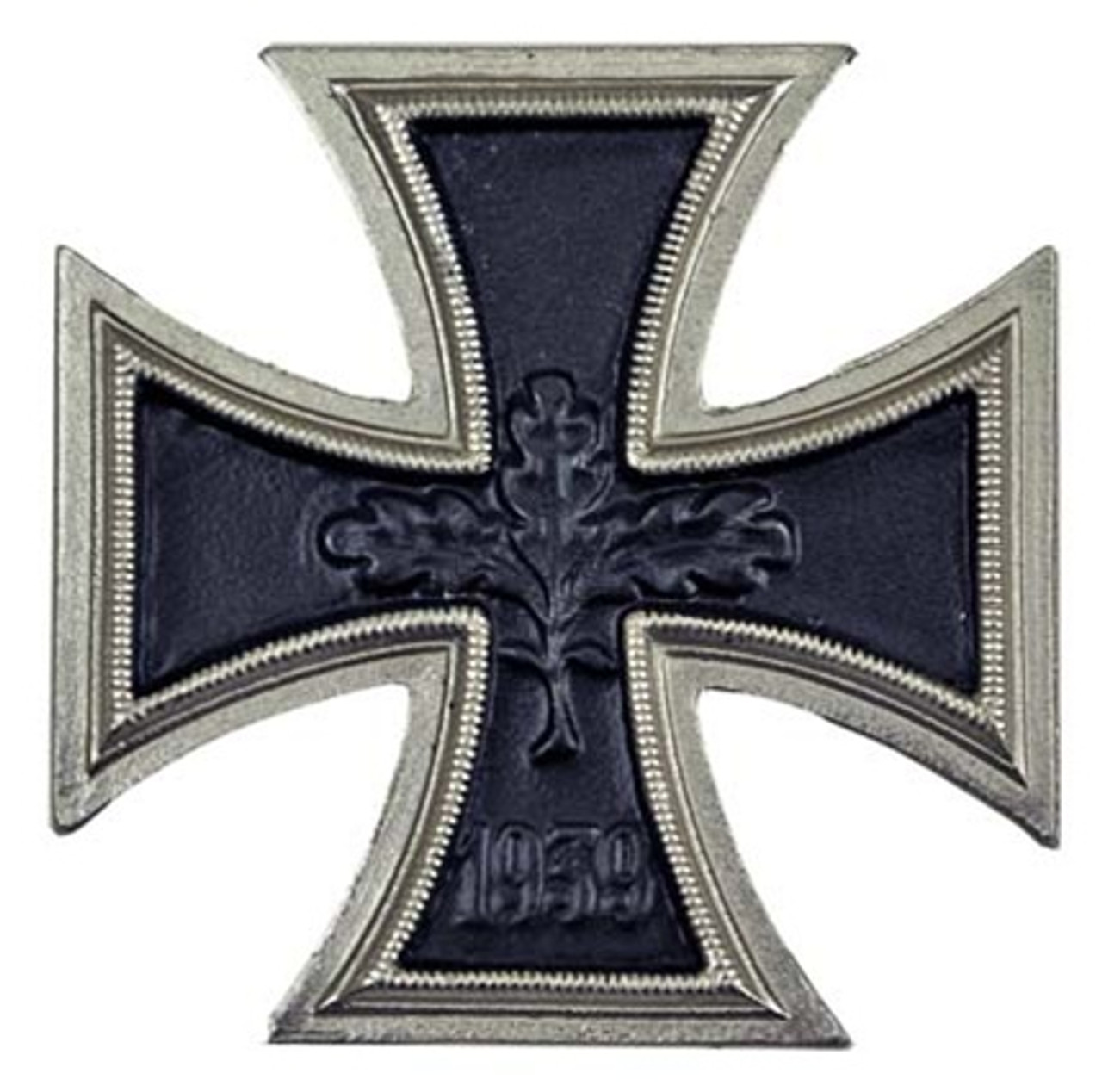
The patrie that frequently coerced these men into the ranks also systematically denied them the privileges enjoyed by their fellow infantrymen.

Meant as a gesture of respect toward the Malian president, Macron’s silence unintentionally echoed the long and shameful silence, at least in the corridors of state, over the treatment of these colonial troops. At the ceremony, Macron’s guest, President Ibrahim Boubacar Keïta of Mali, spoke while he stood silently at his side. The city inaugurated a statue, one that replaced an earlier statue destroyed by the Germans in 1940, honoring the memory of those 200,000 African soldiers who fought and 30,000 who died pour la patrie. The northeastern city famed for its cathedral-the traditional site for the crowning of French kings that was devastated by German shelling-Reims just became the site of another tradition of France: imperialism. Consider Macron’s visit last week-one of his stops during his tour of French battle sites-to Reims. In the case of France, racism took both expected and unexpected shapes. Given the current spasm of ethno-nationalism now convulsing the Western world, the role played by racism in the events of 1914 to 1918 is a question of more than historical interest. Racism was an equally important, though mostly ignored, ideological malady tied to the war to end all wars. What historians can tell us now, though, is that nationalism was not the only ism that hatched World War I and hastened World War II. President Donald Trump, Russian President Vladimir Putin, and Turkish President Recep Tayyip Erdogan exchanged notes or smirks during this particular lesson. Years from now, historians will tell us whether U.S.

With one eye fixed on the several dozen heads of state he has invited to Paris-the other eye, of course, is fixed on his tanking poll numbers-Macron sought to recall one of the causes and consequences of World War I, what he had called “the leprosy of nationalism.” It is no secret that French President Emmanuel Macron, who sees the Elysée less as a bully pulpit than a university lectern, saw the centenary of Armistice Day as a teaching moment.


 0 kommentar(er)
0 kommentar(er)
